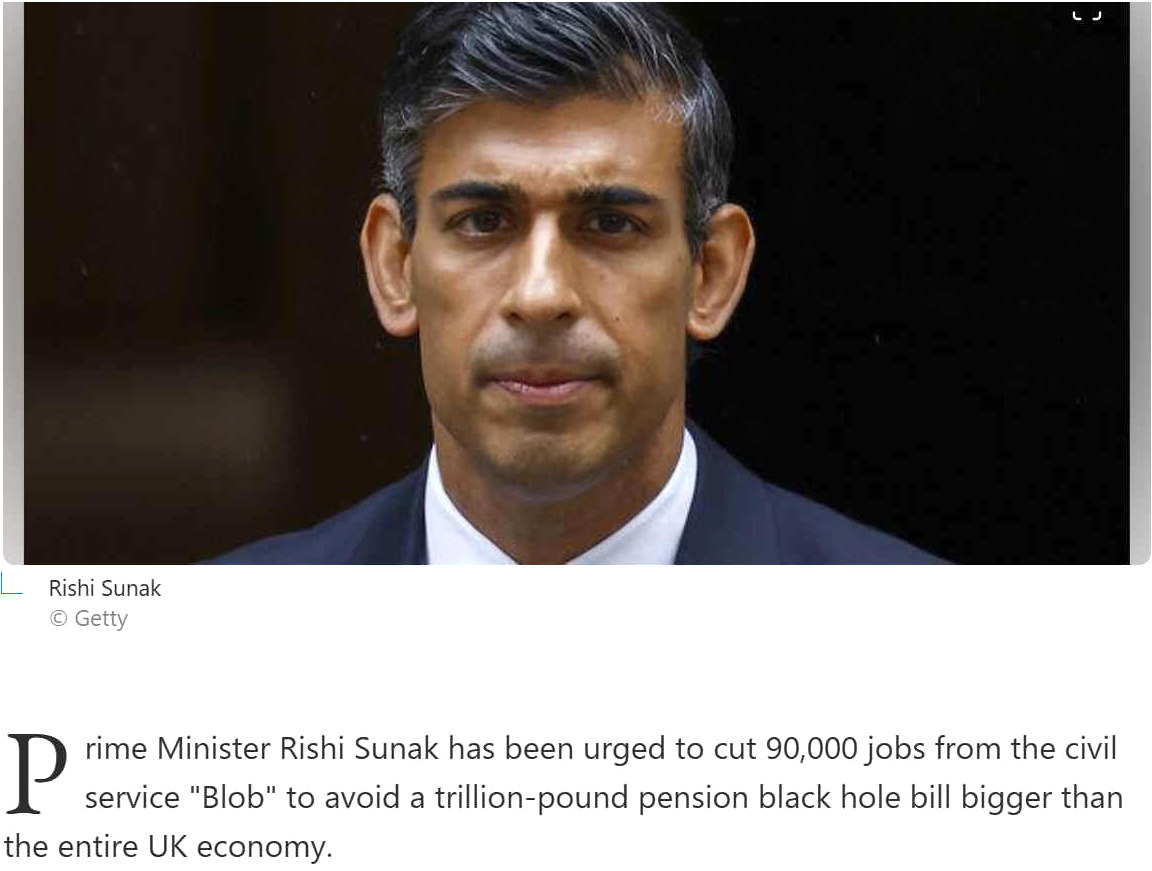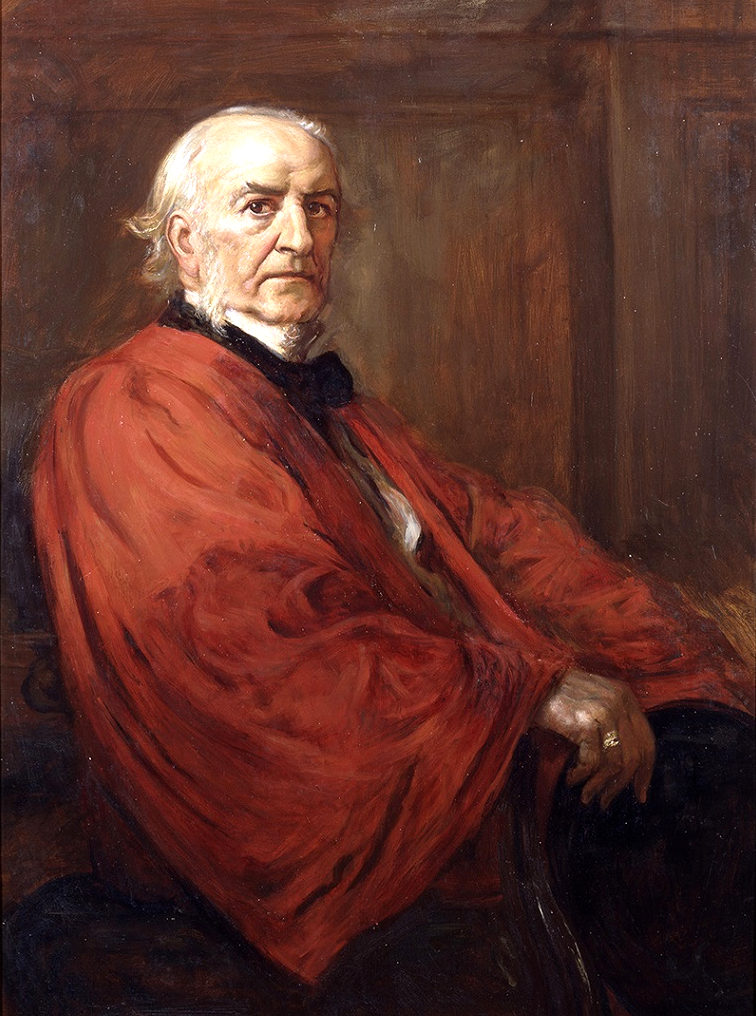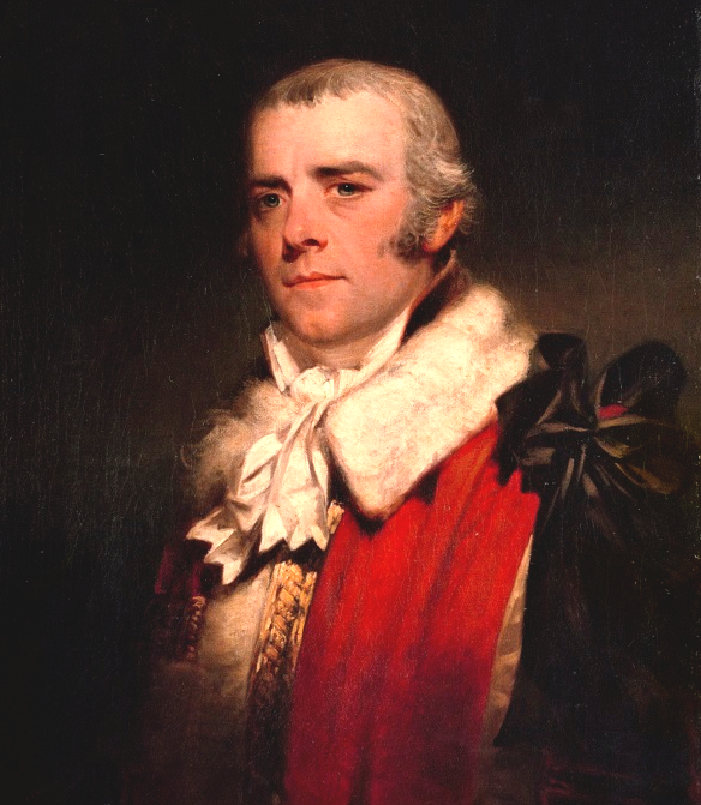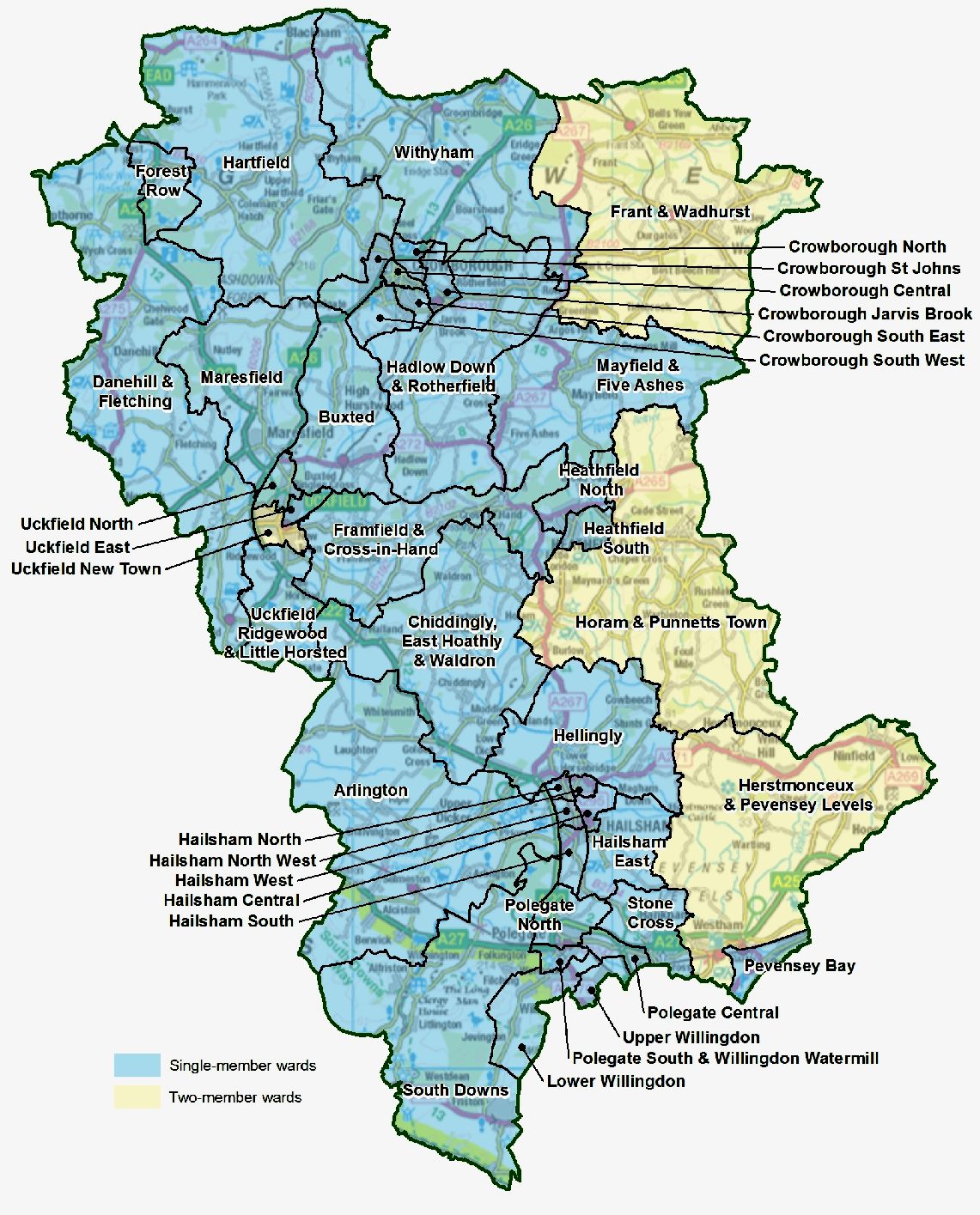
Simply
put, in the UK, there are too many Chiefs and not enough Indians. We
don't produce products these days to support all those plum jobs, where
a pen is pushed around a desk all day. The modern equivalent being
surfing on the web, making calls on the smartphone, or simply not
working from home. In years gone by this culture of non-productive
pen-pushers was buoyed up by thousands of African slaves on colonial
plantations. They turned a blind eye to the human misery and
degradation, butchery, torturous whippings, and other abuses. So long as
they got their salaries and juicy pensions. Then there is corruption,
the miserable scallywags who abuse their positions of trust to give
contracts to chums and procure planning consents, or obstruct others.
All amounting to fraud, that we should put an end to.
We
think it can. We think the next government can slash the nation's
administrative bill, and reduce the taxpayer's burden. Hence, go so way
to curbing financial slavery. Where at the moment the ordinary working
person is having to work very much harder to front the enormous salary
and pensions bill, than is necessary. It is roughly three times the cost
the system needs to be.
We
are not saying it is possible to eliminate humans from the system. We believe
that humans are essential to cast a watchful eye over any AI system, or
oversight arising. In our view, there are though humans who should never
be allowed to make decisions, where their influence has been shown,
allegedly, to have been biased, or subject to bribery to keep their
jobs. Such as Ian
Kay, and Ashley
Brown (heritage planning fraudsters), Trevor Scott, Mike
Wakeford and Alison
Playle, who it is presumed, are perpetuating the lies of former
colleagues from 1981 to 2005, into 2024. With no sign of anyone blowing
the whistle.
Where
we are facing a climate crisis, it would be a simple matter to
incorporate a Climate Control Module. Wherein, all new developments have
to be carbon neutral.
The
Artificial Intelligence (AI) route is potentially far less corruptible,
all but eliminating bribery
and enhanced pensions for keeping quiet about wrongdoing. Being
transparent in nature, cutting out favours from chums, and simply making
decisions based on policies, geographical, water, drainage, energy and
other essential data, such as local plans. That will of course need to
be produced on time by an AI module, to calculate housing and
infrastructure needs in any given area. Also, taking into account the
conservation of Heritage and Natural Assets, that some councils and
members of parliament
have gone out of their way to ignore, in pursuing
kleptocratic empire building ambitions to justify their expenses and
pensions.
There are some efforts to develop ‘Ethical’, ‘Social’ and ‘Environmental’ modules for AI based administrative models, but they are still in their early stages and face many challenges. Some of the challenges include:
Defining and measuring the ethical, social, and environmental impacts of AI systems, which can vary depending on the context, stakeholders, and values involved.
- Developing and implementing standards, guidelines, and regulations for AI systems, which can ensure their accountability, transparency, and fairness.
- Ensuring the participation and representation of diverse and affected groups in the design, development, and governance of AI systems, which can ensure their inclusiveness, responsiveness, and legitimacy.
Feeding in existing Geo-Data to provide live environmental information to these modules may be a useful way to enhance their accuracy and relevance, but it may also raise some issues, such as:
- Ensuring the quality, reliability, and security of the Geo-Data, which can affect the performance and trustworthiness of the AI systems.
- Respecting the privacy, consent, and ownership of the Geo-Data, which can affect the rights and interests of the data providers and users.
-
Balancing the benefits and risks of the Geo-Data, which can affect the environmental and social outcomes of the AI systems.
It follows that developing ‘Ethical’, ‘Social’ and ‘Environmental’ modules for AI based administrative models
may not be a simple or straightforward task, but rather a complex and multidisciplinary one.
The
good news, like any computer program, AI may be an eventual possibility,
subject to research, collaboration, and innovation.
Those
who are corrupt will not want to be subject to such scrutiny. AI will wheedle
out the crooks, leaving only essential and honest politicians and public
servants, to carry out those tasks that only a human can do. Nursing and
healthcare, being an obvious candidate. But not diagnosing and
monitoring the health of the nation, which can be AI improved.
IMPROVING
EFFICIENCY
AI
in government is the use of artificial intelligence technologies and systems to improve the efficiency, effectiveness, and quality of public services and decision-making. Some examples of AI in government are:
Traffic flow analysis: AI can help monitor and optimize traffic flow, reduce congestion, and improve road safety. For example, the city of Hangzhou in China uses AI to analyze real-time traffic data and adjust traffic signals accordingly.
- Improving healthcare services: AI can help diagnose diseases, recommend treatments, and monitor patients’ health. For example, the UK’s National Health Service (NHS) uses AI to detect cancer, predict hospital admissions, and triage patients.
- Enhanced large-scale infrastructure monitoring: AI can help inspect and maintain critical infrastructure, such as bridges, dams, and pipelines. For example, the US Department of Transportation uses AI to detect cracks and corrosion in bridges using drones and sensors.
- Processing large amounts of data: AI can help analyze and extract insights from large and complex datasets, such as census data, tax records, and social media posts. For example, the US Census Bureau uses AI to improve the accuracy and efficiency of the 2020 census.
- Task automation via chatbots: AI can help automate repetitive and routine tasks, such as answering queries, booking appointments, and issuing documents. For example, the city of Los Angeles uses a chatbot named Chip to provide information and services to residents and visitors.
- Cyber attack prevention: AI can help detect and prevent cyber attacks, such as phishing, malware, and denial-of-service attacks. For example, the US Department of Defense uses AI to identify and respond to cyber threats.
- Smart policymaking: AI can help inform and evaluate policies, such as environmental, economic, and social policies. For example, the European Commission uses AI to assess the impact of policy proposals and monitor their implementation.
The possibility of using AI to replace human representatives in government, like
MPs and councillors, raises several complex and multifaceted questions. While implementing AI in some aspects of governance might offer potential benefits, there are significant challenges and ethical considerations to address before such a large-scale shift could be considered.
POTENTIAL BENEFITS:
- Availability and Accessibility: AI representatives could potentially be available 24/7, offering uninterrupted service and accessibility to constituents.
-
Efficiency and Analysis: AI could analyze vast amounts of data and handle repetitive tasks with greater efficiency, potentially improving some aspects of governance.
-
Reduced Bias: Ideally, AI could be programmed to be objective and unbiased in its decision-making, potentially reducing the influence of personal agendas or emotional responses.
Personal
agendas and cover ups in the Wealden
District, have been a feature in planning departments and property
acquisitions. With no thought at all to providing affordable, or social
housing, or land (or plots) for self builds. It's all about building
executive housing to bump up rents for cronies, and higher rating values
per footprint. This in turn to support enhanced pensions. When those
costs to the ratepayer, are not needed at all.
The
problem starts with doing favours for one party at cost to another
(bias). Which, then, as the abused party uncovers the facts, can
escalate into one heck of a deep hole for the council concerned as they
keep digging, including the relevant MPs, and even the Prime
Minister and Royals, as more councillors and officers (including
police officers in the loop) become party to the offences year on year,
by staying quiet as to the/any cover-up. Nursing lies can be very
costly. It is surely better to own up and pay
the piper.
With
every fresh induction of staff and councillors,
the problem gets worse. It's like a ticking time bomb. Several years
down the line, as more and more people need to be bribed to stay silent.
The
cumulative and eventual effect could be that the whole district council,
county councillors,
national government ministers, secretaries of state, and heads of state,
including Queen
Elizabeth II (RIP) and King
Charles III, may become infected, thus party
to the crimes of misconduct in public office, under the auspices of
the Accessories and Abettors Act 1861.
Nobody
is above the law!
EXISTING
AI USE:
AI is important in government because it can help improve the efficiency, effectiveness, and quality of public services and decision-making. AI can help governments:
- Analyze and extract insights from large and complex datasets, such as census data, tax records, and social media posts.
-
Monitor and optimize traffic flow, reduce congestion, and improve road safety.
-
Diagnose diseases, recommend treatments, and monitor patients’ health.
-
Inspect and maintain critical infrastructure, such as bridges, dams, and pipelines.
-
Automate repetitive and routine tasks, such as answering queries, booking appointments, and issuing documents.
-
Detect and prevent cyber
attacks, such as phishing, malware, and denial-of-service attacks.
-
Inform and evaluate policies, such as environmental, economic, and social policies.
AI can help governments better meet the needs of their citizens while making better use of taxpayer dollars.

TOTAL
COST OF UK COUNCILLORS AND MPS:
- Councillors: Determining the total cost of councillors across hundreds of geographic locations is complex. Each council sets its own allowances for councillors, varying based on population, responsibilities, and location. Estimates suggest the yearly cost of councillor allowances falls around £200 million-£250 million.
- MPs: Each MP receives a yearly salary of £84,279 (£81,909 before tax). With 650 MPs, the total yearly cost of MP salaries is around £54.8 million.
PENSION COSTS:
- Local Government Pension Scheme (LGPS): Councillors participate in the LGPS, a defined benefit scheme guaranteeing income after retirement. Estimating individual pension costs is difficult, but the scheme's overall liabilities exceed £200
billion.
- Parliamentary Contributory Pension Scheme (PCPS): MPs participate in the PCPS, a hybrid scheme combining defined benefit and defined contribution elements. While exact costs are undisclosed, estimates suggest their pension liabilities are significant.
-
No information is published as to the cost of the Civil Service, we do
though know the pension bill will rise to £2.6 trillion, and that there
is no fund to cover such costs.
BRIBERY
& CORRUPTION
It is accepted that a cautious approach is necessary. We wondered though, that if there were such transparency and accountability built into such a system, if corruption and bribery might be substantially reduced. For example, using the same
algorithms to check sums of money appearing in bank accounts - as used to combat terrorism and money laundering, where there is no visible means of support in terms of earning potential from salaries and expenses?
It's true that AI has the potential to increase transparency and potentially reduce corruption in specific areas, like financial transactions. However, there are important nuances to consider when evaluating its role in tackling broader corruption and bribery issues:
POTENTIAL BENEFITS:
- Transparency: AI could analyze vast amounts of data to identify unusual financial activity, potentially uncovering corrupt transactions that might escape human scrutiny.
- Algorithmic Fairness: Ideally, AI algorithms could be designed to be objective and unbiased, reducing the influence of personal agendas or emotional responses that might sometimes contribute to corruption.
- Efficiency: AI could automate routine tasks like financial audits and data analysis, freeing up human resources for more complex investigations and analysis.
CHALLENGES AND LIMITATIONS:
- Complexity of Corruption: Corruption often involves complex schemes and human interactions that go beyond simple financial tracking. AI might struggle to identify nuanced forms of corruption, like bribery using non-monetary means or collusion disguised as legitimate transactions.
- Algorithmic Bias: Even with best intentions, AI algorithms can perpetuate existing biases in data, potentially leading to false positives or overlooking actual corrupt activities within certain demographics.
- Human Element: The human element remains crucial in interpreting data, understanding context, and making ethical judgments. AI can be a powerful tool, but it doesn't replace the need for human oversight and intervention.
- Erosion of Trust and Oversight: Over-reliance on AI could reduce transparency and public trust in the anti-corruption process. Human oversight and public scrutiny are still essential to ensure accountability and prevent potential misuse of AI systems.
ADDITIONAL CONSIDERATIONS:
Privacy Concerns: Employing AI for financial analysis raises concerns about data privacy and potential misuse of personal information. Robust safeguards and regulations are essential to protect individual rights. In this regard, the interests of the state, and safeguard of public money, is
allowable, overriding privacy concerns. As may be seen in the Human Rights Act 1998.
Accessibility and Cost: Implementing AI-based anti-corruption systems requires significant resources and technical
expertise, in setting up, but that cost pales by comparison to the waste
of public money employing armies of unproductive non-workers. This might pose challenges for accessibility, particularly in developing countries with limited resources. In the UK, implementation is simply a case of joining the dots of existing programs.
Since, even quite young children have smart phones and computers.
CONCLUSION ON BRIBERY:
While AI has the potential to be a valuable tool for enhancing transparency and efficiency in specific aspects of anti-corruption efforts, it's not a magic bullet. Addressing complex issues like corruption and bribery requires a multifaceted approach that combines technology with human
judgment in the courts, and strong governance structures. Focusing on building trust, promoting transparency, and empowering citizens to hold their representatives accountable remains crucial alongside any technological advancements.
UNITED
NATIONS SUSTAINABILITY
The potential development of an AI-driven system for governance could touch upon multiple
UN
Sustainable Development Goals (SDGs), depending on its design and implementation. Here's how it might relate to
SDG16: Strong institutions:
POTENTIAL ALIGNMENT:
- Promote peaceful and inclusive societies: If designed fairly and transparently, an
AI system could potentially reduce corruption and bias, contributing to a more peaceful and inclusive society.
-
Provide access to justice for all: AI could potentially expedite certain judicial processes and increase access to information, improving access to justice.
-
Build effective, accountable and inclusive institutions at all levels: AI could theoretically analyze data and recommend policy changes for more efficient and responsive governance, potentially strengthening institutions.
ALIGNMENT
WITH SDG16:
Peace, justice and strong institutions: If designed and implemented ethically and transparently, AI-powered representatives could potentially promote efficiency and objectivity in decision-making, potentially contributing to peace and justice.
-
Reduced corruption: As discussed earlier, AI could potentially assist in detecting and preventing some forms of financial corruption by analyzing vast amounts of data.
-
Inclusive institutions: AI could potentially increase accessibility to representatives by offering 24/7 availability, although this needs careful consideration of potential digital divides.
This is especially important, where we know of cases where citizens
blowing the whistle have been placed off limits. With council officers
advising members not to make contact at all. In these cases, so as to
protect the corrupt officers and members that preceded the newcomers.
OVERALL:
Whether an AI-driven governance system aligns with SDG16 depends heavily on its specific design, implementation, and safeguards. It's crucial to ensure such a system:
- Is transparent and accountable: Decisions made by or influenced by AI should be explainable and subject to human oversight.
-
Protects human rights and promotes equality: AI algorithms should be rigorously tested for bias and designed to prevent discrimination.
-
Empowers citizens and strengthens public trust: Implementation should involve public participation and address concerns about privacy and data security.
THE
DAILY EXPRESS SEPTEMBER 2023 - RISHI SUNACK TOLD TO AXE 90,000 JOBS TO SAVE UK FROM ECONOMIC DISASTER
Prime Minister Rishi Sunak has been urged to cut 90,000 jobs from the civil service "Blob" to avoid a
trillion-pound pension black hole bill bigger than the entire
UK
economy.
The number of retired civil servants receiving pensions of more than £100,000 annually has doubled in the past year, and the inflation-linked cast iron benefits are set to leap another seven per cent next April.
In just seven years more than 100,000 extra roles have been created, increasing the size of "The Blob", as the civil service has been dubbed by some commentators, by 24 per cent.
Overall, the pay bill for the government workers has increased from £9.7billion in 2010 to £15.5billion in 2023. The public sector pensions bill was
£116.7billion in 2021, according to The Sun.
Former political editor Trevor Kavanagh writes in the Sun that the only way to avoid a "nuclear mushroom cloud" of a pensions disaster is for the Prime Minister to slash jobs now.


[LEFT]
SLAVE
TRADING CONFLICT OF INTEREST - William Ewart Gladstone served as Prime Minister four separate times between 1868 and 1894 – more than any other
prime
minister. His family made its vast wealth through the sugar trade, with his father, John Gladstone, owning many slaves and several plantations in the West Indies. John Gladstone and William’s brothers made compensation claims following the 1833 Slavery Abolition Act and John received the largest payout of more than £100,000, which is £12 million in today’s money. Although William Gladstone did not own slaves personally, he benefited hugely from his family’s wealth. It supported his parliamentary career, and he inherited a fortune when his father died.
He would have done well in Wealden, as a councillor, or an officer.
[RIGHT] ABOLITIONIST
- In 1807 Prime Minister Lord Grenville, introduced the Slave Trade Abolition Bill. Although it was met with resistance from the Duke of Clarence (the future king William IV) and other peers with West Indian interests, the House of Commons voted in favour of the bill by 283 votes to 16 – a victory that passed all expectations.

THE SUN 6 SEPT 2023 - TREVOR KAVANAGH: THE PUBLIC SECTOR IS AN INEFFICIENT MULTI-BILLION POUND BLOB - PM MUST GET TOUGH AND AXE AT LEAST 90,000 JOBS
IT’S election season and the blame game is on fire.
Labour is flaying the Tories over schools made out of Aero bars while Tories hammer spendaholic Lefties for bankrupting Birmingham.
This Prime Minister, or the next, should relaunch pre-Covid plans to axe at least 90,000 civil service jobs and freeze recruitment.
Keir Starmer's Labour is flaying the Tories over schools made out of Aero bars.
And this vicious war of words is just the start.
However, the two catastrophes were not “black swan” events, crashing down from a clear blue sky.
Politicians of all parties knew they were a threat and simply averted their eyes, hoping the fallout would land on someone else’s head.
It is us, the poor bloody taxpayers, who will always pick up the monstrous multi-billion pound tab for the blunders of here-today, gone-tomorrow politicians.
Hang around for the next catastrophe — the £2.6trillion in unfunded pensions, more than the entire UK economy — to come screaming out of the black hole known as the public sector.
Gold-plated, inflation-proof pensions for six million state workers — but barred to everybody else — are a national scandal waiting to burst upon those who will pay the eye-bleeding bill.
This giant state-sponsored Ponzi scheme is a racket paid for out of taxpayers’ pockets, with nothing set aside by the Treasury to fund it.
And it is growing like a nuclear mushroom cloud.
Eventually, as surely as night follows day, it will blow up in our faces, clobbering tomorrow’s children and grand-children who have no hope of a similar pension of their own.
These feather-bedded retirement schemes are a recipe for riots and revolution.
According to data-gathering agency Statista, public servants can retire after 40 years’ on half pay plus a tax-free lump sum of 1.5 times annual pay.
They also retire three years earlier than everyone else. [Really!
Is that not discrimination?]
The bill for public sector pensions rose by a shocking £116.7billion in 2021 alone — more than the combined budgets for education and defence.
True, civil servants pay contributions out of their salaries — but nowhere near enough to match the benefits.
Depending on annuity rates, private sector employees would need a huge £1million pot to qualify for a £50,000 pension — beyond the wildest dreams of most workers.
Yet in the NHS alone, 20,000 staff have retired on that level of income without raising more than a fraction of it out of their own pockets.
And to rub salt in the wound, more than two million state pension recipients last month pocketed a ten per cent rise in line with inflation — almost double the pay deal for striking nurses.
Index-linked pensions, plus enviable job security, were dished out in the 1960s when civil servants earned less than other workers.
GIANT PONZI* SCHEME
Today they are paid well above the average, are notoriously inefficient if not downright incompetent and often “work” from home — or foreign beaches — leaving Whitehall offices empty,
especially at the Treasury.
Many government workers earn their crust, but some are on permanent go-slow.
Others, especially in the Home Office Borders and Immigration unit, blatantly defy orders from democratically elected ministers.
And they are virtually un-sackable.
Former Bank of England economist Neil Record warns Britain faces a slow-motion car crash, “a debt which is now so colossal, at about £2.6trillion, that it is larger than the
national debt.”
He added: “It is embarrassing to see how little senior politicians have known or cared, and how its well-heeled civil servants have allowed a catastrophic burden to land on future taxpayers, most of whom will never enjoy a good pension themselves.”
It is possible for governments to forestall the looming crash.
Indeed it is their duty.
The only way to head off this economic-tsunami is by axing inflation-proof, salary-linked pension schemes for ALL new state employees — immediately.
TRADE UNION POWER
The schemes should be replaced by contributory “money purchase” plans, just like everybody else’s.
This Prime
Minister, or the next, should relaunch pre-Covid plans to axe at least 90,000 civil service jobs and freeze recruitment.
And to prove it means business, the government — Tory or
Labour — should
dismiss unproductive workers and invite them to reapply if they want their jobs back.
It won’t happen. The public sector, remember, is The Blob.
It is the last, unassailable bastion of trade union power and its members have the capacity to go even slower than they do today.
The only time a political leader of any complexion will take appropriate action is when the Ponzi
bubble bursts . . . and by then it will be too late.

Map
of the Wealden District






